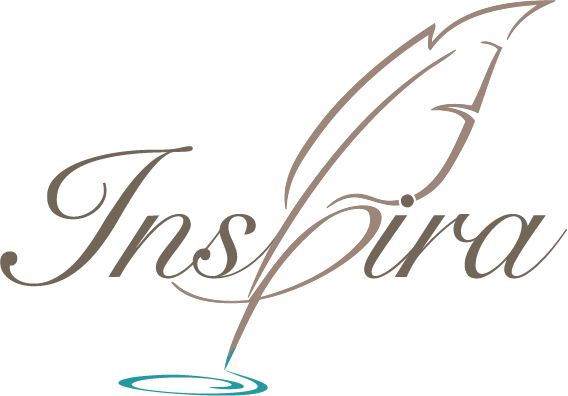Identifying Your Book's Audience
/“Your audience is one single reader. I have found that sometimes it helps to pick out one person—a real person you know, or an imagined person—and write to that one.” - John Steinbeck
Some authors write with a very specific audience in mind, maybe even one specific person. For example, if you are a single father writing a parenting book, your audience is pretty clear: single parents. You could even narrow it down to single parents in a certain economic bracket and cultural context. However, it is not always so clear cut. If your book is a memoir that covers your experience in the coast guard, as a CEO, or as a grieving parent, it can be hard to narrow down your audience. You may be tempted to say that your book is for everyone. Don’t, because it’s not!
Why “Everyone” is the Worst Possible Answer
Whether you self-publish or go through a traditional publisher, you need a specific audience to whom to market your book. The more clearly you can articulate this, the higher the chance you have of marketing and selling your book to that audience.
“In these competitive times, the promotions portion of one’s book proposal is among the most important aspects. A publisher wants to know that you have a grasp on your target audience and that you understand how to reach them" (Matilija Press). When you pitch your book proposal to an editor/agent/publisher, they have to determine if your book is worth the risk (i.e., does it have an audience to sell to?).
Let’s be honest, not everyone wants to read your book. But that’s not important. What matters is who DOES want to read it? That’s what you need to determine. If you have a story you feel is worth sharing), you need to get your book to the people it will impact the most. Whom will this book benefit? Who will buy this book? These are the people towards whom you want to write and market.
When you write a book with someone ((whether that be an individual or a specific group) in mind, it helps you hone in on what’s really important, and direct every word towards them. Ideally, you determined your audience before you ever began writing your book.
If you haven’t clearly identified your audience, do it now. You will have to do it eventually for your book proposal, so the sooner the better. You, your editor, or your agent/publisher may find that you have to alter your project to either narrow or expand the audience. That’s okay! The most important thing is that your book gets into the hands of those it will benefit the most.
Questions to Ask When Determining Your Audience
Whom will this book interest? Whom will it benefit? In what genre is this book?
Determine the demographics of ideal readers: age group, gender, economic class, profession, education level, nationality, people group, religion, etc.
Did you write a book that you want to read? Where do you fall in these categories?
Look at other books that are similar to yours – to whom did they market?


